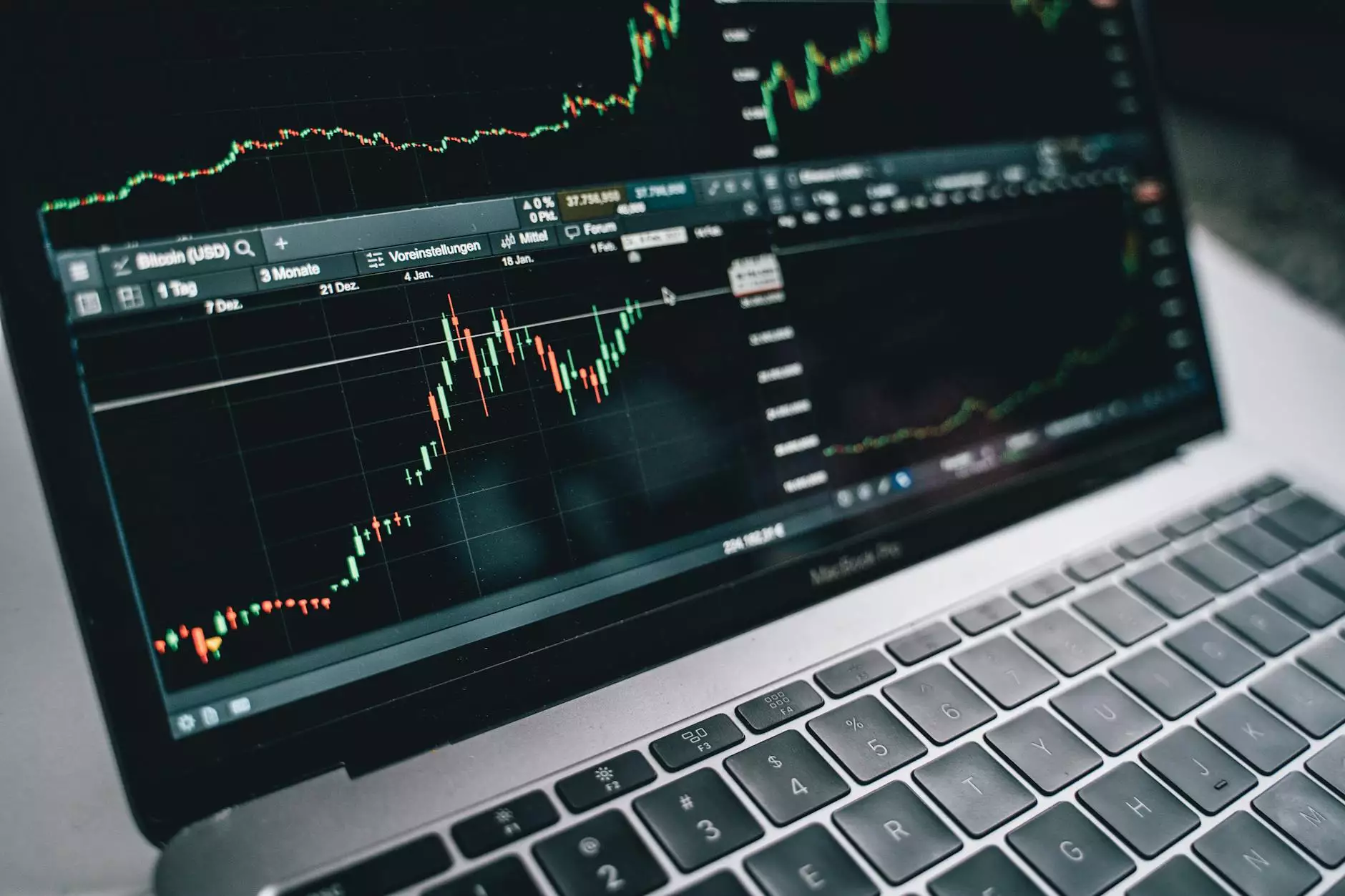Unlocking the Gold Market: Your Comprehensive Guide to Buy and Sell Gold

In today’s dynamic financial landscape, investing in precious metals is not just a wise choice, it can also be a pathway to wealth preservation and growth. Amongst these, gold stands out as the most revered and sought after. This article serves as an invaluable resource for those looking to buy and sell gold, providing expert insights, trends, and practical tips to navigate the gold market effectively.
Why Invest in Gold?
Gold has captivated humanity for centuries, serving not only as a form of currency but also as a symbol of wealth and security. Here are several reasons why investing in gold is considered a smart strategy:
- Inflation Hedge: Gold has historically maintained its value during times of inflation. By investing in gold, you can effectively protect your wealth from losing purchasing power.
- Diversification: Including gold in your investment portfolio can help diversify your assets, reducing overall risk.
- Global Acceptance: Gold is universally recognized and valued, making it a liquid asset that can be sold almost anywhere in the world.
- Crisis Commodity: During geopolitical and economic uncertainties, gold prices tend to soar as it is seen as a safe haven.
- Long-term Stability: Over the long term, gold has shown a strong performance, often increasing in value over decades.
Understanding the Gold Market
The gold market operates similar to stock markets, where prices fluctuate based on demand and supply dynamics as well as various global economic indicators. Below are the critical elements that influence gold prices:
1. Global Economic Indicators
The health of the economy directly impacts the value of gold. For instance, high inflation rates and economic instability often correlate with increased gold prices. Investors turn to gold as a secure asset when they anticipate economic decline, leading to a rise in demand.
2. Currency Strength
Gold is usually priced in US dollars, meaning that a weaker dollar makes gold less expensive for foreign buyers, potentially increasing demand and driving up prices. Conversely, a stronger dollar might lead to decreased demand.
3. Interest Rates
Lower interest rates decrease the opportunity cost of holding gold, making it more attractive. Higher rates, on the other hand, can lead investors to other assets that yield interest.
Where to Buy and Sell Gold
When it comes to buying and selling gold, knowing where to go is crucial. Below are reliable platforms and methods for acquiring and liquidating your gold investments:
1. Online Bullion Dealers
Websites like DonsBullion.com are excellent resources for purchasing gold bullion, bars, and coins. They offer competitive prices and often have a wide range of products.
2. Local Coin Shops
Visiting local coin shops can allow you to personally evaluate gold items before purchasing. Additionally, establishing a relationship with a local dealer could provide fair market prices when selling.
3. Auctions and Estate Sales
Gold items can sometimes be found at auctions or estate sales for significantly lower prices than market value. However, purchases here require a keen eye and sometimes a willingness to take on risks.
Types of Gold Investments
When planning to buy and sell gold, it's essential to understand the different forms in which gold is available.
- Gold Coins: Coins like the American Gold Eagle or the Canadian Maple Leaf are widely recognized and come with a fineness of 22 or 24 karats.
- Gold Bars: Typically available from reputable dealers, bars are available in various sizes and are a cost-effective way to purchase larger quantities of gold.
- Gold ETFs: Exchange-traded funds that invest in gold can condense the experience of investing in gold into a stock-like investment.
- Jewelry: Gold jewelry can be valuable, but it's essential to factor in craftsmanship and brand when considering its investment potential.
Investment Strategies for Gold
Investing in gold requires a strategic approach. Below are a few investment strategies that can help optimize your buying and selling:
1. Dollar-Cost Averaging
Instead of attempting to time the market, consider investing a fixed amount regularly. This spreads the risk and can often yield better long-term results.
2. Buy on Dips
Monitoring market trends and historical prices can help you identify optimal times to purchase gold at lower prices, maximizing your investment potential.
3. Stay Informed
Regularly follow financial news, subscribe to market analysis reports, and engage with investment communities to stay updated on trends that could affect gold prices.
Tips for Selling Gold
When it comes to selling gold, it's just as crucial to approach it strategically. Here are some tips to help you navigate the selling process:
1. Research Market Prices
Before selling your gold, conduct thorough research on current gold prices. Websites like DonsBullion.com provide relevant market insights and up-to-date pricing.
2. Choose Reputable Buyers
Select well-regarded dealers with transparent policies and positive customer reviews. Avoid selling gold anonymously or to questionable buyers.
3. Get Your Items Appraised
For higher-value items, consider getting them appraised by professionals to understand their worth before selling. This could lead to a better selling price and ensure a fair transaction.
Final Thoughts
Investing in gold can be a smart financial move, providing security and potential for profit. By understanding how to effectively buy and sell gold and staying informed of market trends, you can make educated decisions that benefit your financial future. Whether you choose to start with gold coins, bars, or ETFs, platforms like DonsBullion.com can assist in your journey, ensuring you make the most of your investment in one of the world’s most treasured commodities.
Frequently Asked Questions
What is the best time to sell gold?
The best time to sell gold is generally when the prices are at or near their peak. Historical price trends, along with economic conditions, should guide your decision.
Can I lose money investing in gold?
Yes, like any investment, there is a risk of loss. It is essential to stay informed about market trends and economic indicators before investing.
What factors affect gold prices?
Factors include supply and demand dynamics, currency strength, interest rates, geopolitical stability, and market sentiment.









